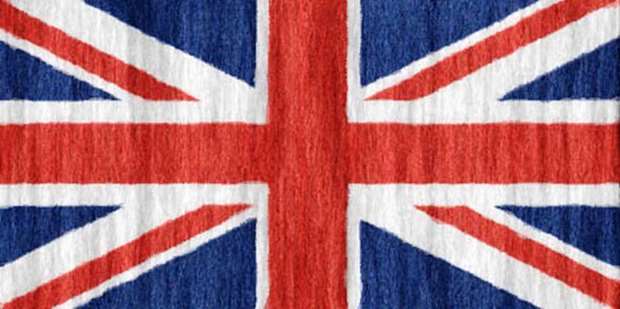Red Cross volunteers and translators from across Spain turned out yesterday to take care of hundreds of migrants unwanted in Italy and Malta from the Aquarius rescue ship when they finally stepped ashore in the port of Valencia after a gruelling week-long voyage.
Doctor Carmen Moreno joined an army of over a thousand volunteers at the Mediterranean port to help process the 630 migrants rescued last week off the Libyan coast, a task that took all day.
Most of the migrants arrived with virtually nothing, some not even a pair of shoes.
But finally landing in a country willing to receive them had changed the mood.
“They are very happy to have arrived at the port, very excited and hopeful,” Moreno, who travelled from the southwestern region of Andalusia to help with the migrant reception, told AFP.
“They also look tired,” she added.
The volunteers gathered at the cruise ship port at 4.30am to prepare a welcome for the three boats which transported the migrants on a 1,500km voyage.
Dozens of police cars, ambulances, Red cross vehicles and buses to transport the migrants were lined up at the reception camp set up at the dockside.
It was fenced off to keep onlookers and bystanders at bay and protect the privacy of the migrants.
Moreno was charged with accompanying the migrants through one of two “circuits”, she explained during a brief lunch break between the arrival of the first and second ships.
The “green circuit” for migrants in good health took them directly to the police, which recorded their data and then sent them off by bus to a temporary shelter.
The “red circuit” was reserved for pregnant women, children or adults in need of health care or to be treated in hospital.
Once their health improves, they will also be sent to the shelters.
Those who arrived on the first ship to dock, the Italian coast guard vessel Dattilo, were “in general... in good” health, said Moreno.
She was also in charge of giving the migrants a kit with clothes, a towel, hygiene products, a comb, toothbrush and in many cases shoes.
“They arrive without shoes and socks, they need them because it is a long way from the boat to the tents,” she said.
They also needed a lot of water with the operation starting at daybreak and continuing under bright sunshine.
Another volunteer, Hanan El Ayadi, from Valencia, was charged with escorting migrants to the buses that would transport them to temporary shelters.
“They tell us about their experience,” she said, before adding that one young boy from Sudan talked to her about football.
“He told me that he knows the entire Arsenal team.”
In addition to relying on nearly 500 volunteer translators to communicate, the migrants were offered religious support.
“I approached a young man who showed me a crucifix,” said Brother Pascal, who came to the port with other Dominican friars from the Navalon monastery, 70km away.
Pascal said the Eritrean teenager told him he had survived two years in Libya, with the help of a friend, until they both managed to set off towards Europe and end up being rescued.
The volunteers said their work had only just began yesterday.
“It never ends,” said Moreno. “The migrants go to their temporary shelters, and we continue to work with them.”

GULF TIMES
